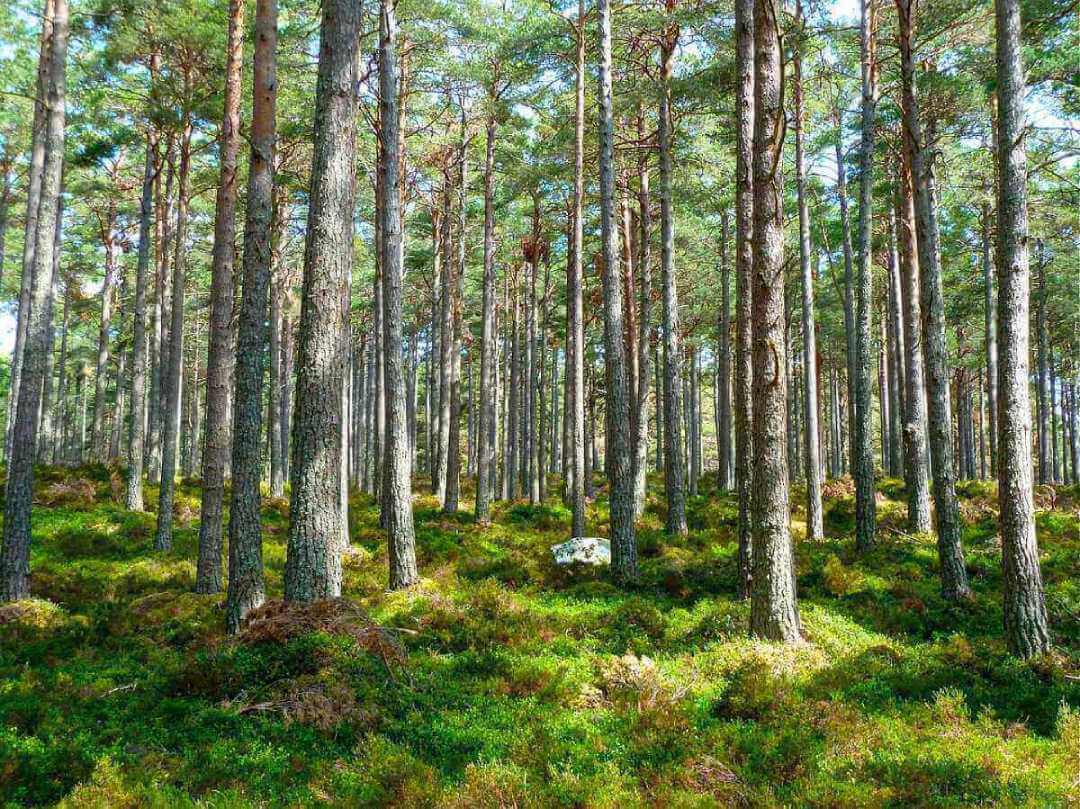Scale (i.e., sucking) and borer insects emerge in spring from overwintering eggs, and most species can reproduce several generations until they die off (or go dormant) in the fall. Some species don’t seem to do much damage, while others will kill a tree in a single season. The list of pests is extensive and includes: bronze birch borer, cottony maple scale, kermes scale, elm leaf beetle/weevil/miner, striped pine scale, San Jose scale, spruce bud scale, pine needle scale, juniper scale. Treatments to prevent infestations usually involve foliar sprays and soil injections. Your Denver tree service company can guide you further.
Which bug is it?
Scale Insects: The University of California Agriculture and Natural Resources provides a detailed description of this type of pest. Scale insects insert “strawlike mouthparts” into bark, fruit, or leaves, with some doing considerable damage to their hosts. Eggs hatch into tiny crawlers that begin feeding a day or two after emergence. They develop through two nymphal growth stages before maturing to adult form. Settled nymphs may never move from their chosen spot, while other may move very slowly.
Infestation will weaken a plant and slow its growth. The plant may appear water stressed with yellow leaves that may drop prematurely. Heavily infested branches may die with the brown, withered leaves giving the limb a scorched appearance. Some scale insects produce honeydew, a sticky substance that attracts sooty mold and ants.
In warm weather, scale insect populations can grow very quickly.
Borer Insects: Entomology, published by the University of Kentucky, discusses borer insects, which “are among the most destructive pests of ornamental trees and shrubs.” The larvae stage of some species of moths and beetles tunnel under the bark in living wood and feed on the connective tissue. Points of entry enable pathogen to enter the tree, compounding infestation with disease.
Heavy infestation causes girdling, branch dieback, and structural weakness. This type of insect prefers trees already stressed by soil compaction, drought, sun scald, or other damage.
Treatment
Preventative maintenance is better than treatment, as diagnosis of an infestation may come too late to save the tree or shrub.
Once you have assured that your plants are properly cared for and healthy, they can be sprayed with a horticultural oil or foliar spray. Horticultural oils kill scale insects on contact, but have little adverse toxicity to pollinators and other natural enemies. More than one application may be needed. Horticultural oils are most effective in the spring on deciduous plants and the insects are in the first nymphal stage. Foliar sprays offer more broad-spectrum pest management, but may also be toxic to pollinators. Foliar spray runoff can also contaminate surface water.
Systemic insecticides can also be used. These are found under the terms of soil injection or soil drench. The pesticide is absorbed by the roots and then spread throughout the organism. Because of the deep penetration of the chemical throughout the plant, it may be more effective than a spray. The University of California cautions that systemic treatment may lead to spider mite outbreaks. Trunk injection is discouraged, as tools may become infected and spread disease from plant to plant, and wounds caused by the tools offer unimpeded entrance to pathogens.
Replace, don’t treat, severely damaged plants. Professional tree removal services in Denver will safely cut down the plant, which must be burned or otherwise destroyed as quickly as possible to prevent any remaining pests from escaping to nearby trees.
Call the tree experts
American Arbor Care specializes in tree and shrub health. Trust your Denver tree service professionals to accurately determine the pest infestation and to know how to control it. Call us at (303) 639-8584 to schedule a consultation and learn what can be done to make your lawn the envy of the neighborhood.

